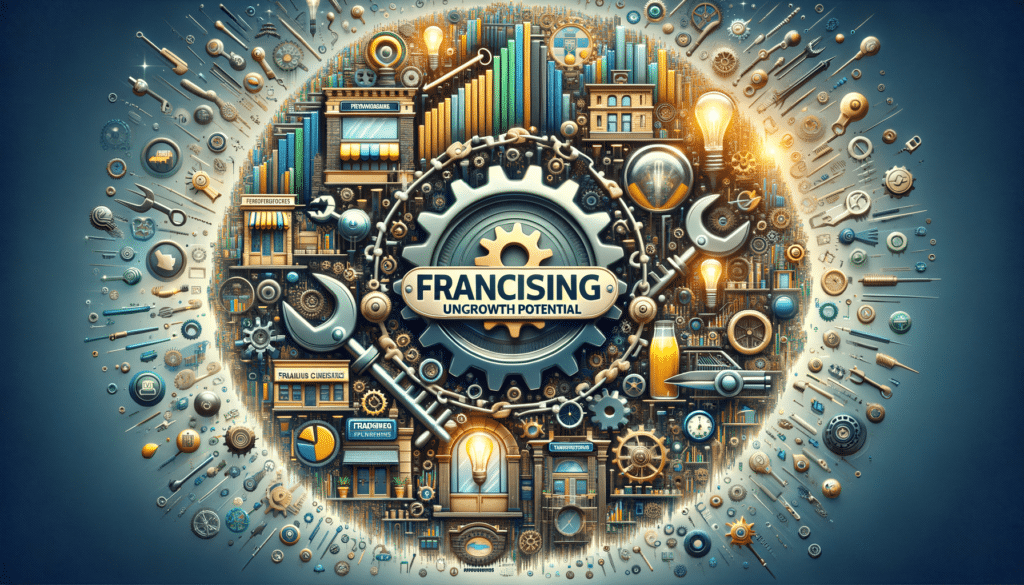Understanding the Concept of Lifetime Heritage Donation
Lifetime heritage donation, or “Donation Patrimoine de son Vivant” in French, is a practice that involves the transfer of assets, properties, or cultural heritage to beneficiaries while the donor is still alive. This concept is not only about the transfer of wealth but also about preserving cultural legacies for future generations. It allows individuals to witness the impact of their contributions and ensures that their assets are managed according to their wishes. The process often involves legal and financial planning, making it essential to understand the implications and benefits of such a donation.
One of the primary reasons people choose to donate their heritage during their lifetime is to maintain control over the distribution and management of their assets. This approach helps in avoiding potential disputes among heirs and ensures that the donor’s intentions are respected. Additionally, it may offer tax benefits, as many jurisdictions provide incentives for lifetime donations, which can reduce the donor’s taxable estate.
Moreover, lifetime donations can foster a sense of responsibility and continuity among the recipients. By involving them in the process, donors can educate heirs about the significance of preserving and managing the heritage, ensuring its sustainability and relevance for future generations.
The Legal Framework and Financial Implications
When considering a lifetime heritage donation, understanding the legal framework and financial implications is crucial. Each country has its own set of laws and regulations governing such donations, and it is vital to comply with these to ensure a smooth transfer of assets. Engaging with legal experts and financial advisors can provide clarity and help navigate the complex legal landscape.
Key legal considerations include the drafting of a donation agreement, which outlines the terms and conditions of the transfer. This document serves as a legal safeguard, ensuring that both parties understand their rights and obligations. It is also important to consider the potential impact on inheritance rights, as lifetime donations can alter the distribution of the donor’s estate upon their passing.
Financially, donors must assess the value of their assets and consider any potential tax liabilities. Many jurisdictions offer tax incentives for lifetime donations, making it an attractive option for those looking to minimize their estate taxes. However, it is essential to consult with a tax professional to understand the specific tax implications and benefits in your region.
Cultural and Emotional Benefits of Lifetime Donations
Beyond the legal and financial aspects, lifetime heritage donations carry significant cultural and emotional benefits. For many, the act of donating heritage is a way to preserve cultural identity and ensure that their legacy endures. It allows donors to share their values, traditions, and stories with future generations, fostering a sense of continuity and belonging.
Emotionally, witnessing the positive impact of their donations can be immensely rewarding for donors. It provides a sense of fulfillment and peace of mind, knowing that their contributions are making a difference. Additionally, it allows donors to build stronger relationships with beneficiaries, as they share the journey of preserving and managing the heritage together.
For recipients, receiving a lifetime donation can instill a sense of pride and responsibility. It encourages them to become stewards of the heritage, ensuring its preservation and continuation. This shared responsibility can strengthen family bonds and create a lasting legacy that transcends generations.
Challenges and Considerations in Lifetime Heritage Donation
While lifetime heritage donations offer numerous benefits, they also come with challenges and considerations. One of the primary challenges is ensuring that the donor’s intentions are clearly communicated and understood by all parties involved. This requires careful planning and open communication to avoid misunderstandings and conflicts.
Another consideration is the potential impact on family dynamics. Lifetime donations can sometimes lead to disputes among heirs, particularly if there is perceived favoritism or inequality in the distribution of assets. To mitigate this risk, donors should engage in transparent discussions with their family members and consider involving a neutral third party, such as a mediator, to facilitate the process.
Additionally, donors must consider the long-term sustainability of their donations. This involves assessing the ability of beneficiaries to manage and preserve the heritage, as well as considering any future changes in circumstances that may affect the donation. Establishing a trust or foundation can provide a structured framework for managing the assets and ensuring their preservation.
Steps to Successfully Donate Heritage During Lifetime
For those considering a lifetime heritage donation, following a structured approach can help ensure a successful and fulfilling process. Here are some key steps to consider:
- Assess Your Assets: Begin by evaluating the assets you wish to donate, considering their cultural and financial value.
- Consult Professionals: Engage with legal and financial advisors to understand the implications and benefits of your donation.
- Communicate Your Intentions: Clearly communicate your intentions to your beneficiaries and involve them in the planning process.
- Draft Legal Documents: Work with a legal expert to draft a donation agreement that outlines the terms and conditions of the transfer.
- Consider Long-Term Management: Establish a trust or foundation to ensure the sustainable management and preservation of the heritage.
By following these steps, donors can ensure that their lifetime donations are executed smoothly and that their legacy is preserved for future generations.





